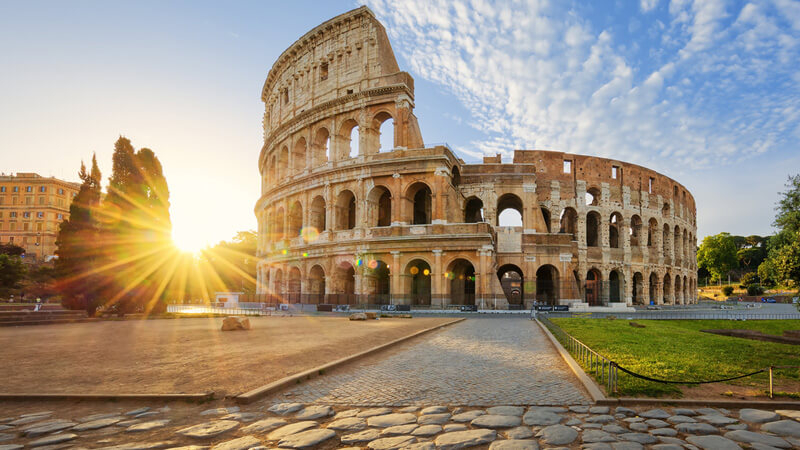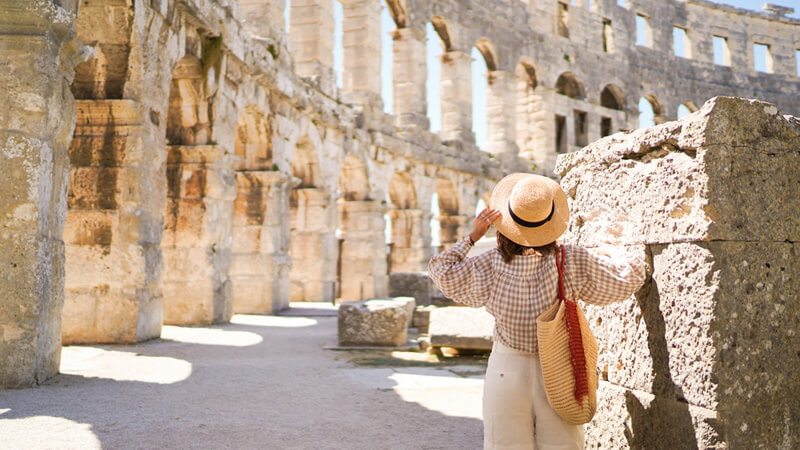The Italian history and culture

Italy's history spans millennia. As soon as you step foot on Italian soil, you will notice its ancient history and culture all around you. Historic Italian towns like Rome will show you massive traces of a strong ancient empire, the Papal State, and Renaissance noble families, whereas smaller cities like Florence will transport you to the Middle Ages. Middle Age footprints can also be found in Viterbo, Bracciano, Perugia, and Venice. Sardinia, on the other hand, is home to the Bronze Age Nuraghe stone castles and villages from the Mediterranean island's old culture.
Because Italy's unification, or Risorgimento, into a single state of the Kingdom of Italy occurred relatively early in the nineteenth century, the diversity of its small states and kingdoms has been preserved. Although they all speak the same language, each region has its unique dialect, food, history, culture, and traditions. Among the many regional foods available in Italy, try the Pizza Napoletana in Campania or the "Naked" ravioli with ricotta and spinach in Tuscany. People admire Italy for numerous reasons, including the diversity of its culture and its vast historical legacy. For many people, this fact becomes one of the reasons to visit Italy.
- Travel tips: Even if you don’t plan a historic excursion here, some locations are hard to resist visiting: Colosseum, Pisa, Pompeii, Venice, Doge's Place.









